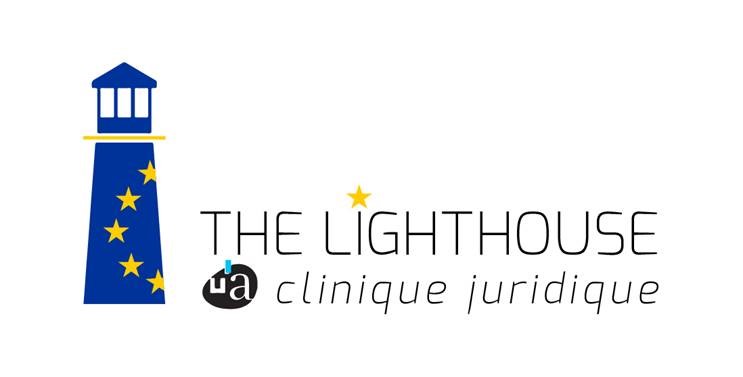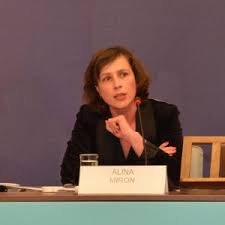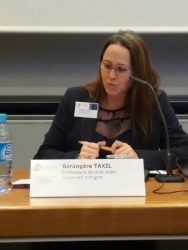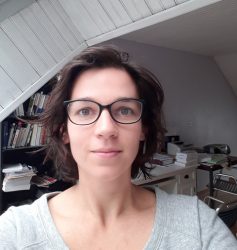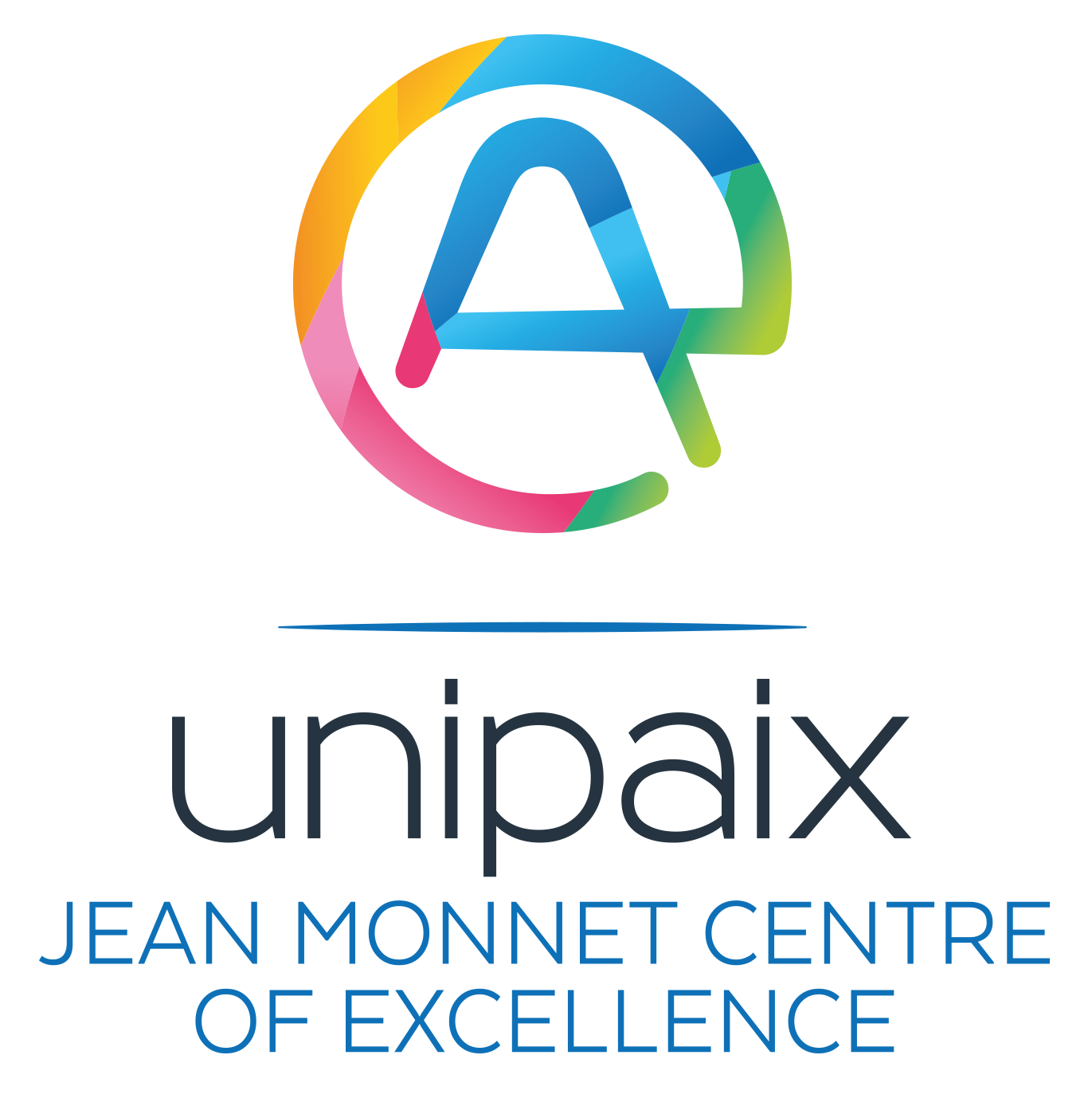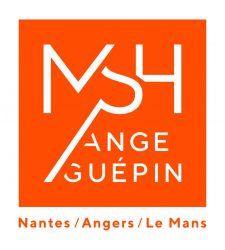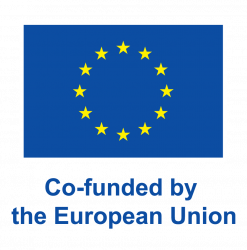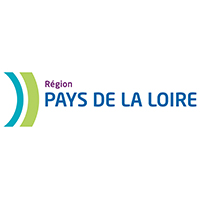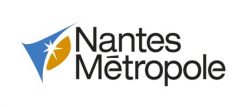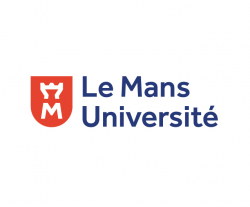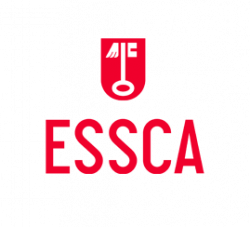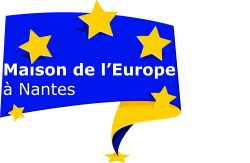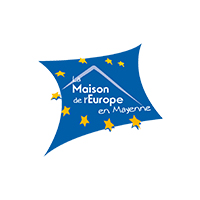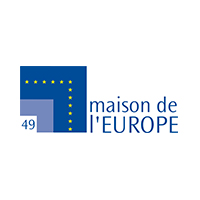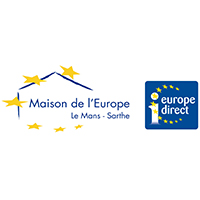Professors Bérangère Taxil and Alina Miron and PhD student Emilie Lenain from the University of Angers have set up a legal clinic as part of the “International and European Law” Master 2, of the ARRECO research project after hosting of the Rousseau Competition in 2018. The clinic is supported by the Erasmus + programme and focuses on migration law.
The concept
The “Lighthouse legal clinic” project is led by Alina Miron and Bérangère Taxil, professors of public law at the University of Angers Faculty of Law. It offers an innovative teaching module for students of the master’s degree in international and European law, creating a legal clinic on migration in sea and air space, in the European context. Its aim is to highlight, both for students and civil society actors, the growing importance of European law in the face of the challenges currently created by globalisation, and to enable students to develop the professional skills expected in the world of work.
The legal clinic therefore aims to deepen the interactive experience between academia and civil society by putting students and researchers in international and European law in touch with partners in the field (law firms, NGOs, trade unions, businesses, parliamentarians). Their new teaching methods focus on learning by doing, but also on research applied to real and concrete situations: for example, what are the consequences when a state grants its flag to a humanitarian vessel? What are the obligations of coastal states in terms of migrant settlements?
Context and development
This project is part of the dynamics of internationalisation and European openness of the University of Angers which, since 2015, has taken part in the creation of the Alliance Europa Institute for European and global studies supported by the Loire region to develop a centre of excellence in research, training and innovation in the field of European studies. Thanks to the support of the Alliance Europa programme, Bérangère Taxil is piloting a collective research project on the reception and resettlement of refugees in Europe (ARRECO); Alina Miron is piloting projects on maritime borders and the grey zones of the law of the sea (Zomad).
Between October 2017 and June 2018, they organised the Charles Rousseau International Moot Court Competition, the largest and oldest French-speaking pleading competition in international law. Taking place each year in a different country, it brings together some 200 people (teams of students, young researchers, judges, lawyers, academics) from all continents.
Building on the research projects underway in Angers, the practical case submitted to the students dealt with the rescue at sea of migrants. The week of pleadings, in May 2018, preceded by a few weeks the reality, with the important and increasing media coverage of the wanderings of NGO vessels in the Mediterranean Sea, starting with Aquarius, chartered by SOS Méditerranée. The legal situation of ships rescuing migrants is very complex and little known. The findings of the research carried out by the students have been widely disseminated among academics and members of civil society, among the judges and Registrar of the International Tribunal for the Law of the Sea as well as the general public. Indeed, PhD students wrote a booklet, in French and English, on rescue at sea (see below “publication” part). And several reviews were published in national newspapers.
This research revealed important gaps in European policies on asylum and immigration, but also the failure to reflect at European level on the law of the sea and rescue at sea. As a result, the actors concerned are confronted with unresolved legal questions, which the legal clinic will help to clarify.
Funding
This project is supported by the Erasmus + Programme, as part of the Jean Monnet programme.
